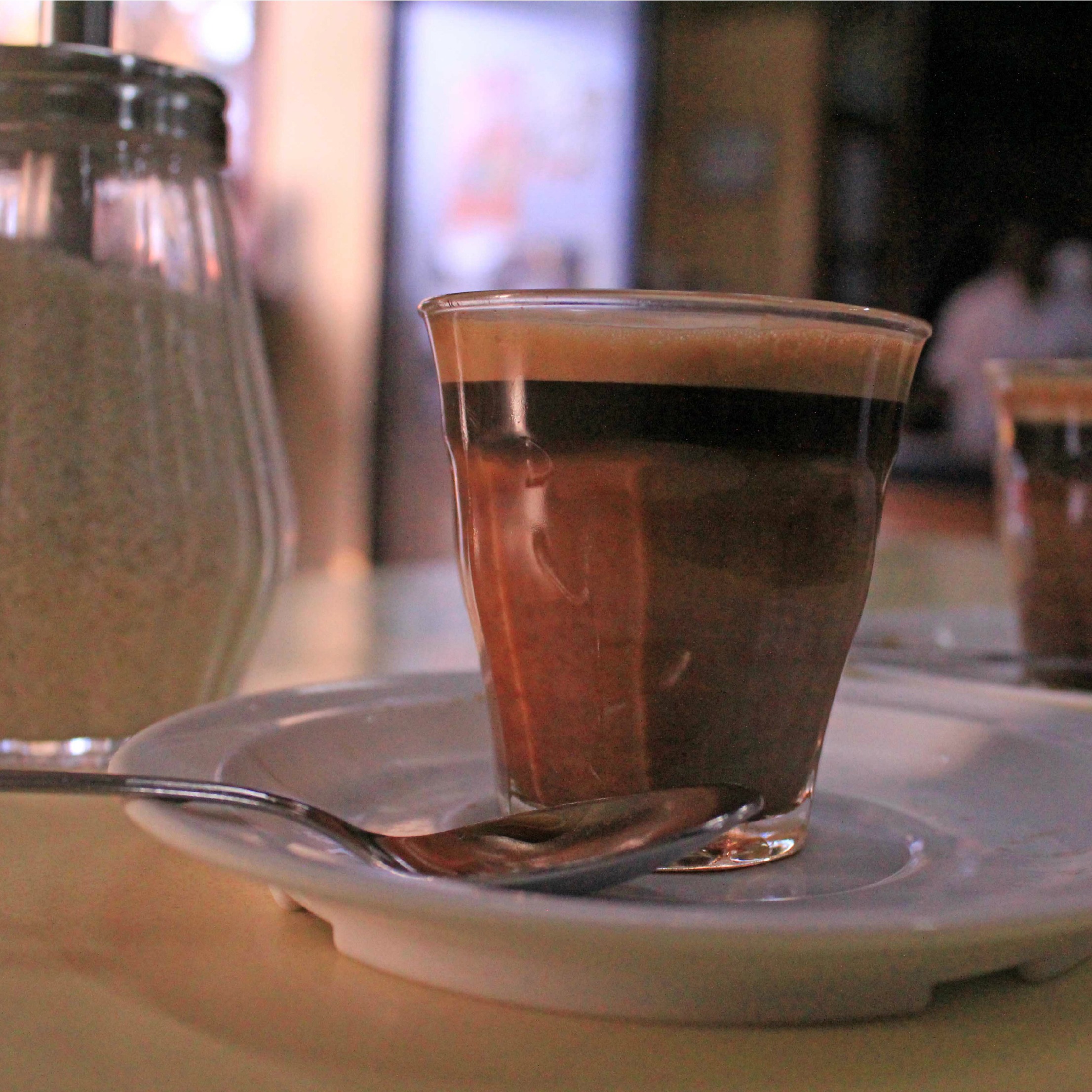
So you’ve got a free day to explore Addis Ababa. Awesome! We’re here to help you make it a great one. From the perfect morning coffee (this is Ethiopia, after all), to music and food after the sun goes down, here’s our guide to an excellent 24 hours in Addis Ababa.
Early morning: 7 – 9am
Ethiopia is the birthplace of coffee, so of course we’re going to suggest you start your day off with some local brew! Head to Tomoca Coffee for an excellent machiatto, and pick up some bags of beans to take back home with you. Not only does Tomoca have some of the best coffee you can get in Addis Ababa, but it was also the first commercial roaster in Ethiopia. Afterward, find a nearby spot to fill up like a local with a ful bet (fava bean breakfast stew) for breakfast.
Morning: 9am – 12pm
From there, hop into a taxi and head over to Shola Market for an authentic shopping experience (insider tip: negotiate a half or full-day rate with a driver first thing in the morning so you won’t have to worry about transport later). Shola Market is a much smaller, more manageable, and quaint version of well-known (and touristy) Mercato — the largest market in Africa. Rather, Shola is where locals come to shop daily, and is rarely visited by tourists. Prices are fairly inexpensive and you’ll find an array of everyday Ethiopian goods ranging from textiles to raw and ground spices to green coffee, baskets, clay pottery, chickens, and more.
Midday: 12 – 2pm
Hop back into your taxi and take a 20-minute (or less) ride over to one of the local butcher houses for lunch. Ethiopians take their meat very seriously, and butcher houses will be packed every day of the week, except for Wednesday and Friday when Ethiopian Orthodox Christians fast. However, you can still find Muslim or Protestant butcher houses open on those days. For the best experience, wander the streets with your eyes open for a butcher shop that is busy — that way you know the meat is fresh. Order shekla tibs, which is beef roasted over a clay pot and delivered to your table still sizzling over charcoals. Vegetarians, look away.
Late afternoon: 2 – 6pm
Rest and recharge at one of Addis’ salons and spas. Ethiopians love spas and salons, and most middle to upper-class Ethiopian women visit a spa at least once a week. Two worth recommending are Oasis for all things pampering — from Moroccan baths to manicure and pedicures — or the Radisson Blu for massages. Spa treatments at both places are affordable, with a message at either costing less than USD 20. And you guys need to get in there, too, as the spa scene isn’t just for the women; men’s barbershops offer great shaves and head messages.

Evening: 6pm until late
Grab dinner at Kategna, an excellent Ethiopian restaurant that caters to upper-class Ethiopians. Unlike many local restaurants, Kategna serves a wide variety of dishes, including several that aren’t commonly found outside of the home. These dishes are complicated to make, and most people trust only their family members to make them — but Kategna takes great care in what they cook and are one of the few restaurants to serve doro wat (chicken stew). Their beers are also always ice cold!
Fed and full, finish your night off with an evening of live music. Check out Jazz Amba at the Taitu Hotel in Piazza for an oh-so-cool Ethio-jazz scene. There are lots of other local bars and restaurants that have live music, but they change often so it’s best to check with the locals that day.
Alternately, head to Fendika, a music and dance house, and help to support and encourage local artists. Fendika is cultural institution in Addis Ababa where the Azmaris (singers, musicians, and poets) can perform — and get paid regularly. In Ethiopia, there is no regular funding for culture, so artists have to rely on personal and private initiatives. So a night here isn’t just fun, it’s also culturally supportive.